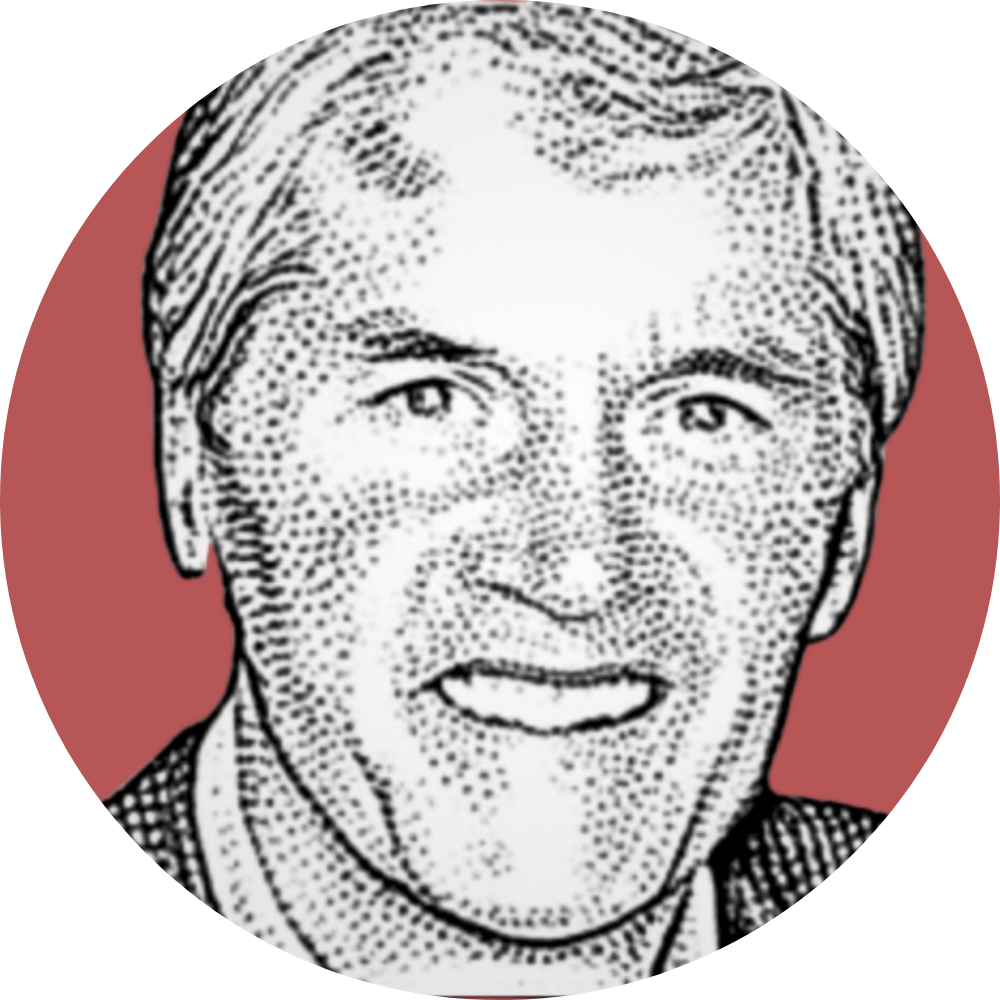Time Really Does Stand Still
Michael Metzger
3 min read ⭑
Pop quiz: What do you imagine God was doing before creation, back then in eternity past?
Many answer how, in eternity past, God chose us before the foundation of the earth to be part of the eternal kingdom of our Lord and Savior Jesus Christ. True, except that in eternity, there is no such thing as time back then, before creation. Eternity is timeless.
That’s because time is a creation of God. In the beginning, God created the heavens and the earth. Beginning is a temporal term. Creation is the beginning of time, as Augustine wrote: “What times would there be that were not made by you, [O Lord]?”
That’s why Augustine said it’s meaningless to speak about “times before creation,” or what God was doing before creation. All times must be times after creation since “You [O Lord] made that very time. But if there was no time before heaven and earth… there was no ‘then,’ where there was no time.”
Wikimedia Commons
Welcome to the mystery of time. As created beings, we only experience things as happening “in time,” Augustine wrote, where “one thing comes, another succeeds,” or follows. Our whole frame of reference is temporal. Things happen in the past, present, or future. But things don’t happen this way in eternity since there is no such thing as time in eternity.
Does this make your head swim? Join the club. And read Augustine. In Book XI of his Confessions, he seeks to gain deeper insight into “In the beginning, God created…”
[O Lord], let me hear and understand how ‘in the beginning’ you ‘made heaven and earth.’ Moses wrote those words … [but] he is not now here before me. If he were, I would catch hold of him, and I would ask him, and through you I would beseech him to make these things plain to me. … [But] since I cannot question him …, I entreat you, O Truth, I entreat you, O my God. … . [As you] granted to him, your servant, to speak true words, grant to me that I may understand them.
And how did God grant Augustine to understand the mystery of time? Augustine tells us: “Understanding is the reward of faith. Therefore, do not seek to understand in order to believe, but believe so that you may understand.” [4]
That’s a critical distinction. Iain McGilchrist writes that the left hemisphere doesn’t grasp time and space. It’s because of its approach to knowledge: I must first understand in order to believe. That’s the opposite of Augustine’s (and the right hemisphere’s) approach: I believe so that I may understand. These two approaches yield two dramatically different results.
For instance, the right hemisphere recognizes the mystery of time. It’s a paradox. God did choose us before creation, but in his eternal kingdom there is no time before creation. Both statements are true. It’s both/and. Time and space are a mystery.
“And what might this deeper mystery be? The right brain knows. It grasps how the mystery of time and space reveals a deeper mystery bringing us into the fullness of salvation.”
The right brain also recognizes that God, in his nature, is eternal, without beginning or end. God is, in fact, eternity, without beginning or end. The right understands how God is eternal, not in the sense of unlimited duration, but in the sense of timeless existence.
The right hemisphere also recognizes how an old idiom — “time stands still for no one” — is not true. As Thomas Aquinas wrote, God lives in the nunc stans, “the now that stands still.” Time stands still for the eternal God who is eternity. The right hemisphere grasps this.
The left hemisphere has difficulty grasping all this. Because of its approach to knowledge (I must understand before I believe), McGilchrist says the left brain has a “sharply restricted” view of time and space. It tends to describe time and space in abstract, scientific language. It doesn’t know this language is devoid of a deeper mystery at play here.
And what might this deeper mystery be? The right brain knows. It grasps how the mystery of time and space reveals a deeper mystery bringing us into the fullness of salvation.
But that’s grist for a future mill.
To read the rest of Michael Metzger’s post, please visit his Substack page.
Michael Metzger is the president and founder of The Clapham Institute, which consults ministries and nonprofits. Metzger has been a campus minister, a church planter and a pastor. He has a bachelors in history from Western Michigan University, a master’s of theology from Dallas Theological Seminary and a Doctor of Ministry from Trinity International University in Deerfield, Illinois.





